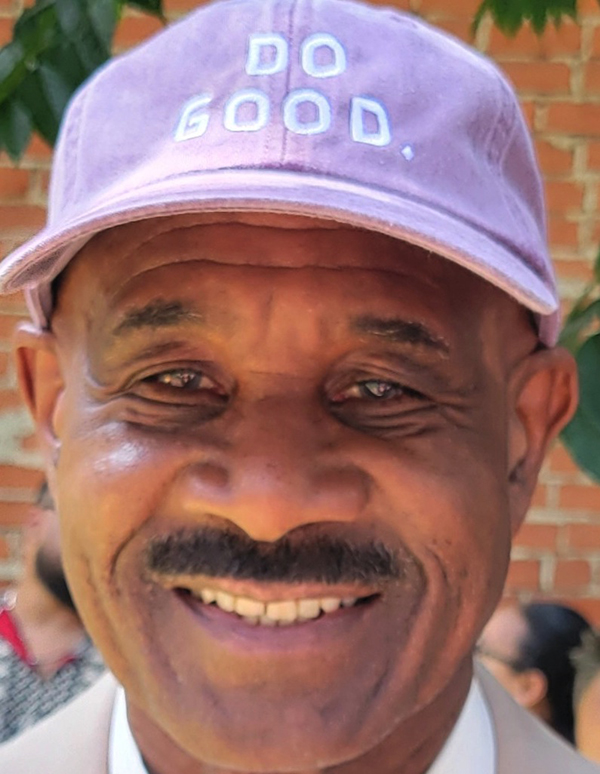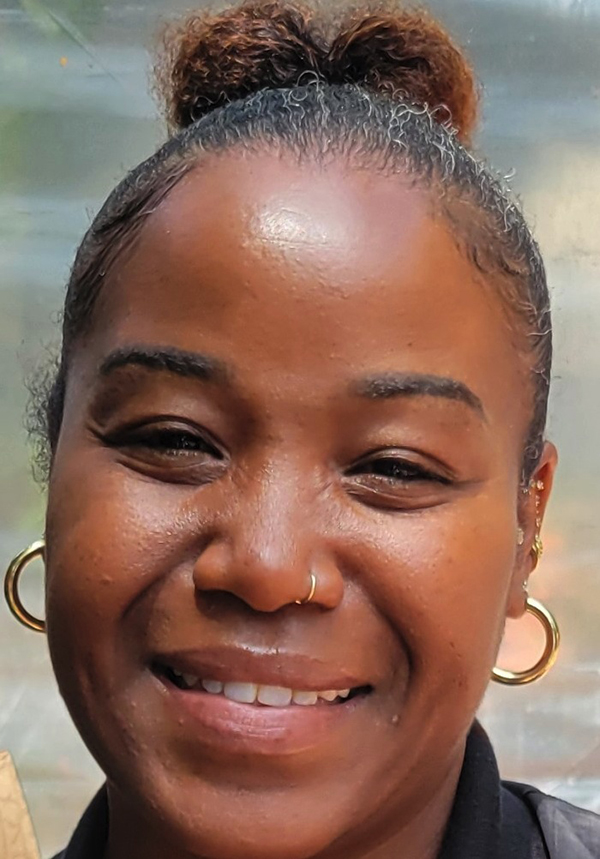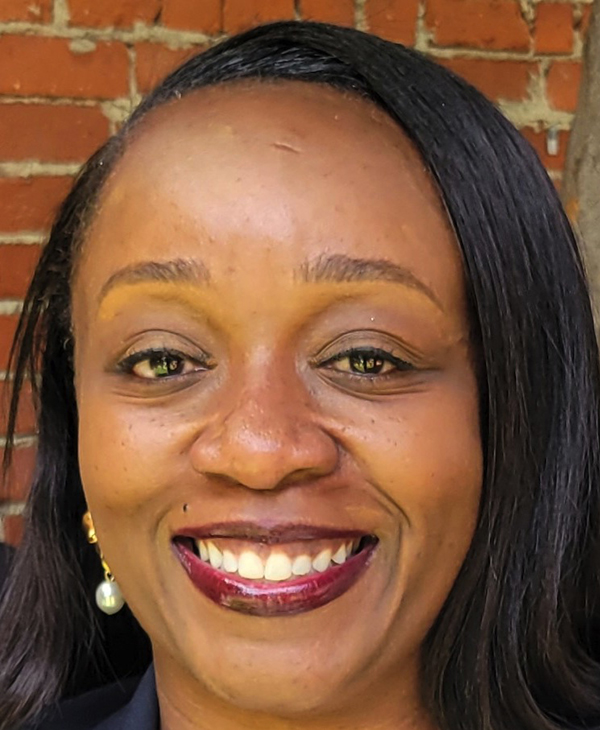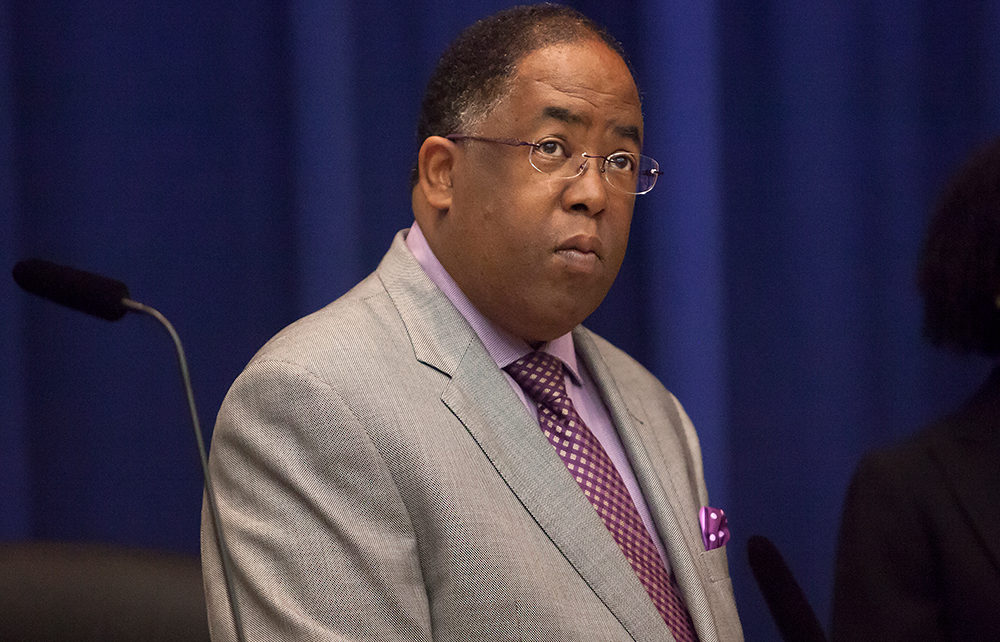Should Black Angelenos join immigration protests?: Street Beat

As immigration enforcement actions intensify across Los Angeles and the nation, the question of solidarity between Black communities and immigrant groups has become a topic of urgent debate. In recent weeks, federal immigration raids and the deployment of National Guard troops have sparked protests and public outcry, drawing attention to the challenges faced by undocumented residents and the broader implications for civil rights.
For many in South Los Angeles and beyond, these developments raise a critical question: Should Black Angelenos get involved in immigration protests?
The answer is far from simple, and opinions within the Black community are as diverse as the community itself. Some see a clear moral imperative to stand with immigrants, pointing to a shared history of oppression, discrimination, and resilience. Others express skepticism, noting that the struggles of Black Americans are often distinct from those of immigrant populations, and that the needs of Black communities can be overlooked in broader social justice movements. Still others emphasize the interconnectedness of all struggles against injustice, warning that attacks on one marginalized group can quickly spread to others.
The legacy of Black activism in Los Angeles is deeply rooted in the fight for civil rights, economic justice, and community empowerment. From the Watts Rebellion to the Black Lives Matter movement, Black Angelenos have long been at the forefront of demanding change and challenging systems of inequality. For some, joining immigration protests is a continuation of that tradition—a way to show up for others facing state violence, family separation, and the threat of deportation. They argue that solidarity is not only a moral stance but also a practical one, as the same forces that target immigrants often perpetuate anti-Black racism and other forms of systemic injustice.
Yet, there are also voices within the community who urge caution or express frustration. Some point out that Black Americans have unique challenges—such as mass incarceration, police violence, and economic exclusion—that require focused attention and resources. They worry that aligning too closely with other movements could dilute the fight for reparations, educational equity, and other long-standing demands. Others note that anti-Blackness exists within immigrant communities as well, complicating efforts to build coalitions.
On the streets of South Los Angeles, in places like Leimert Park and Skid Row, these debates are not theoretical. They play out in everyday interactions, in shared struggles for housing, safety, and dignity. As immigration protests continue to make headlines, Black Angelenos are weighing their own experiences, histories, and hopes for the future—deciding whether, and how, to join the movement for immigrant rights.
Below, four local residents share their perspectives on whether Blacks should get involved in immigration protests.

Oliver Buie, Los Angeles
“Yes, we should participate because we know what it is to be terrorized, discriminated against, oppressed and suppressed.”

Rhea Lambey, Los Angeles
“Black people don’t see the correlation between immigrant issues and our issues. They’re coming for that population now, we’re going to be up next.”

Suzette Shaw, Skid Row
“We’ve got all types of ethnic groups living on Skid Row, including undocumented. We need to get to the heart of systemic racism … before we can help anyone.”

Nicole Bryant, Los Angeles
“Blacks could be next on the agenda. It’s really important that we stand up and lock arms when we see injustice.”
Compiled by Cynthia Gibson in Leimert Park.





